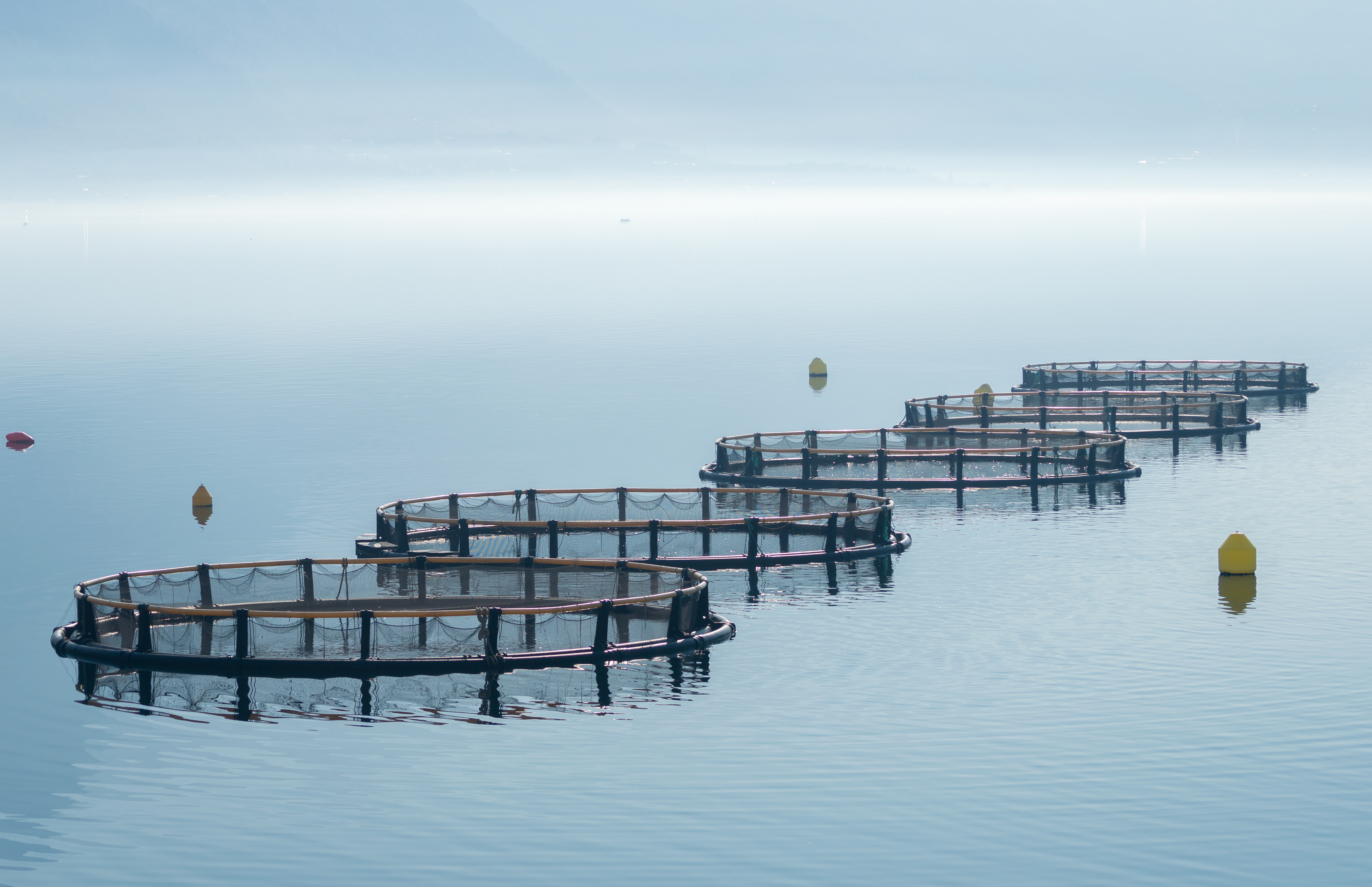
THE use of cleaner fish on Scottish salmon farms as a treatment for sea lice should be suspended, according to animal rights campaigners.
Cleaner fish – mainly lumpsuckers and Ballan wrasse – are used by the salmon farming industry to eat sea lice that infest salmon kept in sea cages.
The fish are used as an alternative to chemical and mechanical treatments for sea lice but a report due out tomorrow by animal welfare charity OneKind will highlight health problems suffered by cleaner fish.
Salmon farmers say that cleaner fish are an effective way to manage sea lice, but OneKind is calling for a moratorium on their use until better welfare safeguards are introduced.
Cleaner fish provide a service to other species by removing dead skin and parasites.
READ MORE
In 2016, around 1.5 million cleaner fish were used on salmon farms in Scotland but this is predicted to rise to 10 million in the UK by 2020, as salmon farming expands.
OneKind Director Bob Elliot said: “We remain very concerned regarding the seemingly endless welfare issues concerning the expansion of salmon farms in Scotland.”
Julie Hesketh-Laird, CEO of the Scottish Salmon Producers Organisation (SSPO), said the use of cleaner fish has become an important way to manage sea lice.
She added: “The use of wild wrasse should meet the latest requirements in the RSPCA Assured standards. The code of good practice is constantly under review as more is understood.”
The Scottish Government said: “All farmed fish are protected by the Animal Health and Welfare (Scotland) Act 2006, which places a duty on farms to ensure needs are met.”

Enjoy the convenience of having The Sunday Post delivered as a digital ePaper straight to your smartphone, tablet or computer.
Subscribe for only £5.49 a month and enjoy all the benefits of the printed paper as a digital replica.
Subscribe